Diversity
Diversity is based on an understanding of the past of the many individual experiences and localities in order to establish a broadly based understanding of the past. In the same way that the big picture relates to local, national and world dimension. Diversity needs to include an appreciation of experiences from rich and poor, men, women and children and different ethnic groups and different period of the past.
Sort by:
Date (Newest first) | Title A-Z
Show:
All |
Articles |
Podcasts |
Multipage Articles
-

History through connecting classrooms in Bradford and Peshawar, Pakistan
ArticleClick to view -

Ideas for Assemblies: Refugee stories
ArticleClick to view -

Ideas for assemblies: LGBT History Month
ArticleClick to view -

Including the Muslim Contribution in the National Curriculum for History
ArticleClick to view -
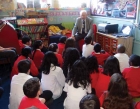
Is There a Place for The Holocaust in the Primary Curriculum?
ArticleClick to view -

Learning to engage with documents through role play
ArticleClick to view -
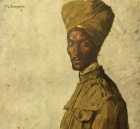
Lions of the Great War: How are Sikh soldiers of the First World War seen today?
Multipage ArticleClick to view -
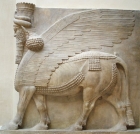
Mesopotamia: Making a picture of Mesopotamia in our heads
ArticleClick to view -

Migration to Britain through time
ArticleClick to view -

Museums, schools and creativity: How learning can be enhanced
ArticleClick to view -

Northamptonshire in a Global Context
ArticleClick to view -

Planning for diversity in the Key Stage 2 history curriculum
ArticleClick to view -

Podcast Series: Confronting Controversial History
Multipage ArticleClick to view -
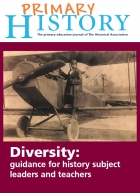
Primary History Summer Resource 2019: Diversity
ArticleClick to view -
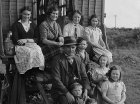
Promoting Gypsy, Roma and Traveller heritage in your primary history curriculum
ArticleClick to view -

Pull-out posters: Primary History 88 – Diversity
ArticleClick to view -

Racism and equality through the 1936 Berlin Olympics: the Olympics, Nationalism and Identity
ArticleClick to view -
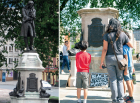
Re-evaluating the role of statues
ArticleClick to view -

Recorded webinar: Exploring representations and attitudes to disability across history
ArticleClick to view -

Recorded webinar: What is diversity within the primary history curriculum?
ArticleClick to view

